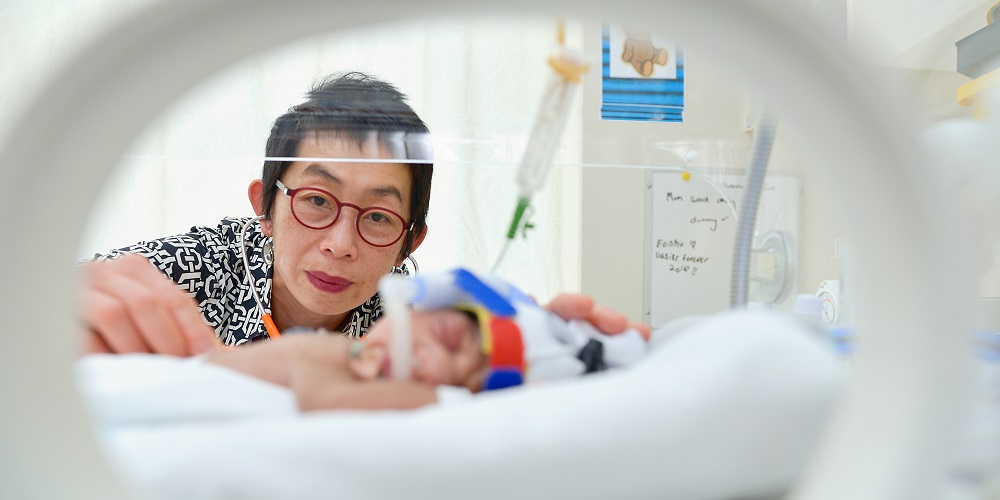
New research will allow doctors to more accurately inform and update parents of extremely preterm babies about their baby’s long-term survival and health risks.
The study in 751 babies found that the likelihood of extremely preterm babies surviving and doing so without long-term disability dramatically improved with each day they survived, with the most dramatic improvement happening in the first week after birth.
Babies born before 28 weeks cannot survive without intensive care. Even with intensive care treatment, those born at 23 weeks have only a 45 per cent chance of surviving but those odds dramatically improve if they survive the first week of life and by the time they go home their risk drops to below 1 per cent.
Those who do survive are at higher risk of major long-term disability such as major problems with thinking, walking, talking, hearing, or seeing compared with children born at term (between 37-42 weeks).
The research, published today in the prestigious The Lancet Child and Adolescent Health journal, found that most babies born before 28 weeks will survive if they are offered intensive care, and that 83% who do survive and go home will subsequently have no major long-term disability – compared with 97% of children born on time.
Neonatologist and lead researcher A/Prof Jeanie Cheong, from the Royal Women’s Hospital, Murdoch Children’s Research Institute and University of Melbourne, said the new information was positive news for families of extremely preterm babies.
“Our research has found that a baby’s risk of death dramatically declined in the first few days after birth, and by the time of their discharge home their risk of death was similar to healthy full-term babies. This is very encouraging news for parents who are often very frightened when taking their newborn baby home from hospital,” A/Prof Cheong said.
“Parents are often counselled about their baby’s risk of death and disability before their baby is born, when the mother presents at hospital with impending preterm birth,” A/Prof Cheong said.
“However, we have not been able to accurately update these families on how their individual baby’s risk changes over the course of their intensive care treatment. Parents may be taking home their baby fearing that they are at a much higher risk of death or long-term disability than is the reality,” she said. “Our previous research has shown that depression and anxiety in parents of extremely preterm babies are up to five times higher than the already high rate in parents of children born at term, and the concerns about higher risk of death or long-term disability may be contributing to their worries.
“Now we can tailor the risk information and bring much needed reassurance to parents.”
Lisa Santalucia’s twin boys were involved in the research after Noah and Oliver were born at just 24 weeks gestation 13 years ago. Noah survived just one day.
“I was told all the risks they were to face before they were born, it was very frightening. After losing Noah, I was terrified that Oliver would die even after he was well enough to come home,” Ms Santalucia said. “For four years I had a monitor attached to his bed so I wouldn’t have to worry about whether he was breathing or not. I was incredibly anxious.”
Oliver is now a healthy 13 year old with no long-term disabilities.
“It is great that other parents in similar situations can now be reassured by this research and feel more confident when they take home their baby,” Ms Santalusia said.
The highest risk of death or disability were in babies born at the earliest gestations. For babies born at 23 weeks, the chance of survival was around 45 per cent for those offered intensive care, with only 30 per cent predicted to survive without a severe disability.
However, for those babies that did survive, these risks changed dramatically with each day of life. By the time of discharge from hospital, the risk of death decreased to less than 1 per cent, and their chance of surviving free of major disability rose to 70 per cent.
Researchers were able to identify four clinical events that were associated with a higher risk of long-term disability in very extremely preterm babies. They included two that relate to major brain injury (diagnosed by ultrasound of the brain after birth), the baby receiving corticosteroids after birth to treat or prevent lung injury, and needing surgery in the newborn period. Almost one-half of the extremely preterm babies avoided all of these complications, and of those that do avoid those events - 93 per cent survived without a major disability.
The research is part of one of the world’s longest studies into the long-term effects of extremely preterm birth, the Victorian Infant Collaborative Study (VICS), a collaborative group from the four major neonatal hospitals in Melbourne (The Royal Women’s Hospital, Mercy Hospital for Women, Monash Medical Centre and The Royal Children’s Hospital). Every child born before 28 weeks or weighing less than 1000g and born in 1991/92, 1997, 2005 and 2016/17 were invited to take part of the VICS studies.
The study was funded in part by a National Health and Medical Research Council (NHMRC) Centre for Research Excellence grant.
Read related content from the Women's
-
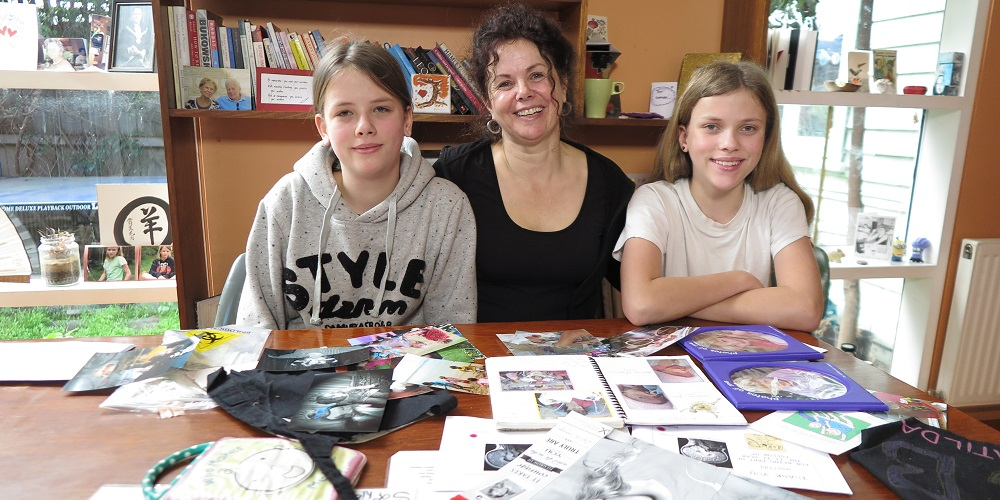 Caffeine boosts long-term breathing for very premature babies
Caffeine boosts long-term breathing for very premature babiesNew research has found that caffeine given to very preterm babies in their first weeks of life significantly improves their long-term breathing ability at 11 years of age.
Learn more -
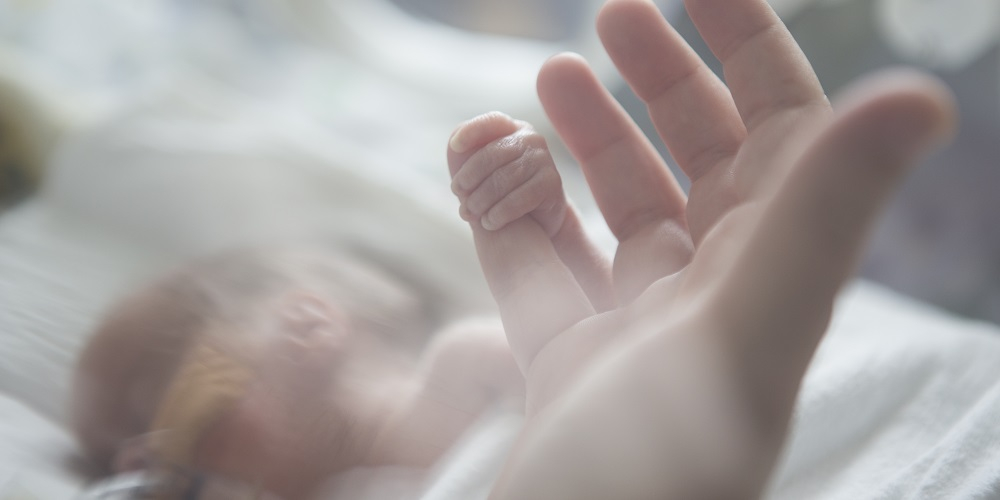 Comprehensive study into long-term side-effects of premature birth
Comprehensive study into long-term side-effects of premature birthThe Women's leading researchers are undertaking the world's most comprehensive long-term study into the side-effects of being born premature
Learn more -
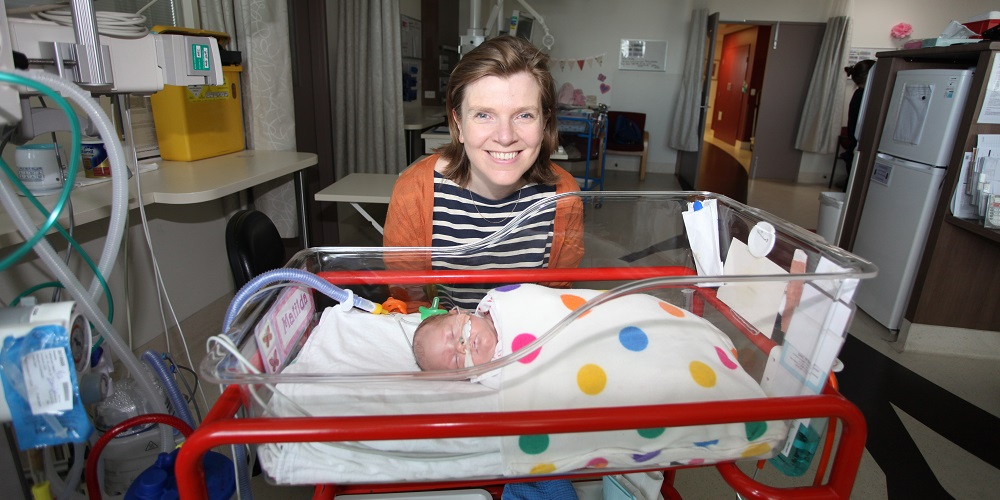 Early help cuts high rates of depression in mothers of preterm babies
Early help cuts high rates of depression in mothers of preterm babiesEarly help for mothers of premature babies dramatically cuts their very high risk of long-term depression, a world-first study published in the journal Paediatrics has revealed.
Learn more -
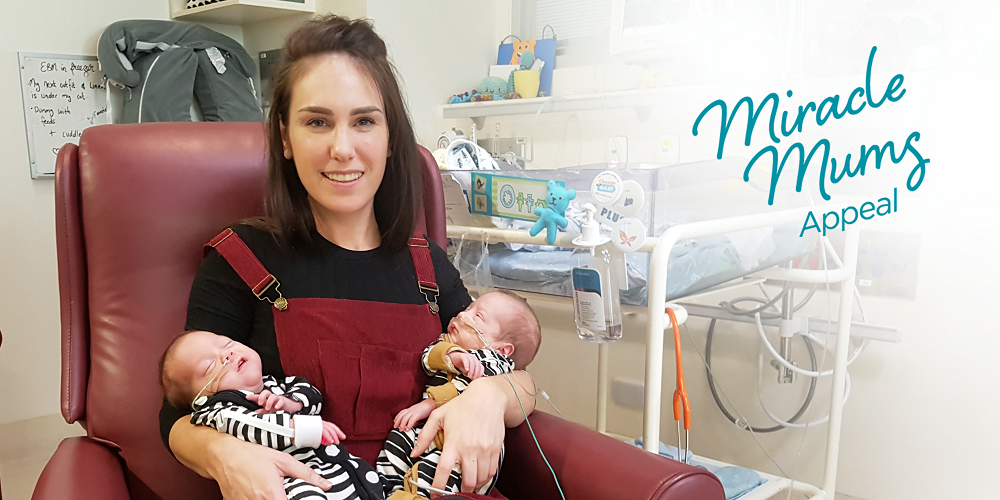 New trial could prevent lung disease in babies
New trial could prevent lung disease in babiesThe Women's researchers are leading an international trial that could improve the survival rates of very preterm babies and decrease their risk of developing chronic lung disease.
Learn more